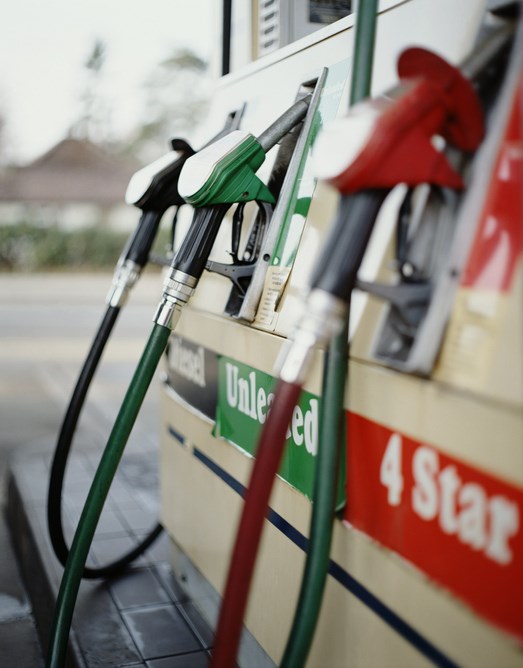High fuel taxes make life unaffordable.
It should be no surprise that the least affordable corner of Canada also has the highest fuel taxes.
The 2023 edition of the Canadian Taxpayers Federation’s Gas Tax Honesty Report shows drivers in Vancouver and Victoria pay the highest and second highest taxes per litre of gasoline and diesel in the country.
On a litre of gasoline, drivers in Vancouver pay 78 cents, or about 40 per cent of the total cost, in taxes alone. In Victoria, drivers pay 71 cents per litre in taxes which works out to be about 36 per cent of the total cost. Across the rest of the province, drivers are paying 64 cents per litre.
Put another way, taxes alone when filling up a 64-litre small sedan will cost you about $50 in Vancouver, $45 in Victoria and $41 in the rest of the province. That’s just the cost of the taxes per fill-up, not the fuel itself.
That tax tab is enough money for a chicken dinner with all the fixings for a family of four. In Vancouver, you could also throw a tub of ice cream in the cart for dessert and still pay less for your groceries than you’re paying in taxes on a single fill-up.
If you think life can’t get any more expensive than it is now, you’re in for a nasty surprise. Prime Minister Justin Trudeau is going to keep jacking up carbon taxes every year until the end of the decade. Fast forward to 2030 and it will cost more than $65 in taxes alone for a 64-litre fill up in Vancouver.
Politicians like Premier David Eby often argue that high taxes at the pumps are offset by the government’s carbon tax rebates. But that’s all smoke and mirrors. Most British Columbians don’t even see a penny in rebates.
For a married couple, carbon tax rebates from the B.C. government start shrinking when combined family income reaches $50,170. By the time the family makes $83,695 in combined income, the rebates disappear completely. I don’t know any working couple that is able to afford to live in the Lower Mainland, the Island or the Okanagan for less than $84,000 combined income.
Eby is relying on empty rhetoric and magic math. What we need politicians like Eby and Trudeau to do is to reduce the fuel taxes that are making life unaffordable for British Columbians.
Taxing the fuel that Canadians need to heat their homes or drive to work also does nothing to reduce emissions or fight climate change.
Despite having the highest fuel taxes in Canada for over a decade, B.C.’s emissions have been on a steady increase. Between 2015 and 2019, greenhouse gas emissions in B.C. increased by 10 per cent. Clearly, tax hikes aren’t the answer to reducing emissions.
Carbon taxes don’t reduce emissions because people still need to get to work, drive to the grocery store and heat their homes when the wild west coast winds are howling. Tax hikes don’t somehow turn necessities into luxuries.
And even if we did reduce emissions here in Canada, the Parliamentary Budget Officer has noted that Canada’s emissions aren’t large enough to address a global problem like climate change. That’s especially true when the big polluters like India, China and Brazil keep increasing their emissions while burning heavier fuels.
Instead of trying and failing to tax away a global problem like climate change, B.C.’s government needs to focus on supporting families at home.
British Columbians shouldn’t be punished for driving to work and heating our homes. If the Eby and Trudeau governments want to address affordability, cutting fuel taxes is a great way to start.
Carson Binda is the British Columbia director for the Canadian Taxpayers Federation



